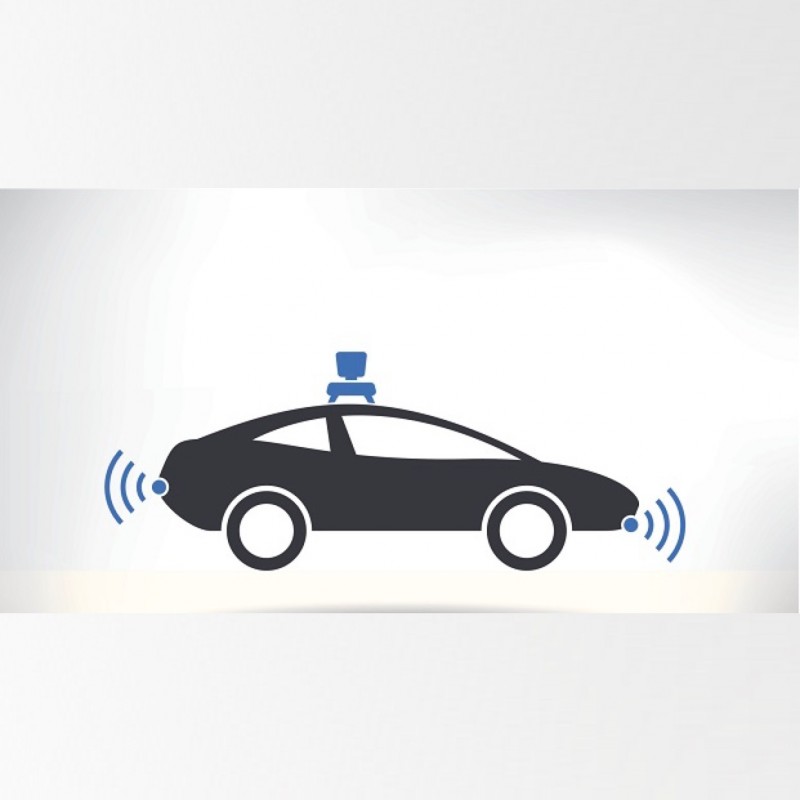21/07/2017 - News
Self-Driving Cars Approved for Public Tests in Germany

 Reading time: 1.5 minutes
Reading time: 1.5 minutesGermany passed a law that allows self-driving car tests on public roads. A human driver needs to be behind the wheel at all times, and the cars need to have a black box that tracks data in case of accidents.
Germany cleared the way for its giant automotive industry to develop and test self-driving cars, when the low house of its parliament approved a law setting out the conditions under which they could take to German roads. The German Bundestag, its Low House approved a revision of the 1968 “Vienna Convention on Road Traffic,” which specified that human drivers must have full control over their vehicle at any time. Of course, at that time of that law’s implementation, autonomous vehicles had not yet been introduced
“During vehicle driving, the driver may turn away from traffic and vehicle control by means of highly automated or fully automated driving function… [but must] immediately [assume control] if he recognizes that the conditions for the intended use of the highly or fully automated driving functions no longer exist… even if he does not control the vehicle in the context of the intended use of this function.”
Under the law, first mooted by Chancellor Angela Merkel last year, a driver must be sitting behind the wheel at all times ready to take back control if prompted to do so by the autonomous vehicle.
Germany is home to some of the world's largest car companies, including Volkswagen (VOWG_p.DE), Daimler and BMW, all of which are investing heavily in a technology seen by transport minister Alexander Dobrindt as the "greatest mobility revolution since the invention of the car".
The new legislation allows them to road-test vehicles in which drivers will be allowed to take their hands off the wheel and their eyes off the road to browse the web or check e-mails while the vehicle handles steering or braking autonomously.
The legislation requires that a black box record the journey underway, logging whether the human driver or the car's self-piloting system was in charge at all moments of the ride. This will be crucial for apportioning blame in accidents.
The driver will bear responsibility for accidents that take place under his or her watch, under the legislation, but if the self-driving system is in charge and a system failure is to blame, the manufacturer will be responsible.
The law will be revised in two years' time in the light of technological developments, with data protection and the use of the data collected during rides a key point that has yet to be fully addressed.
Companies around the globe are working on prototypes for self-driving vehicles, but such cars are not expected to be available for the mass market before 2020.
The US state of Georgia became the latest US state to legalize public road tests of self-driving cars. The bill won’t require humans in the self-driving cars to have a valid driver’s license. However, the self-driving cars must be registered as automated vehicles with the Department of Motor Vehicles, must maintain a valid insurance policy, and follow speed limits designated by local order.

